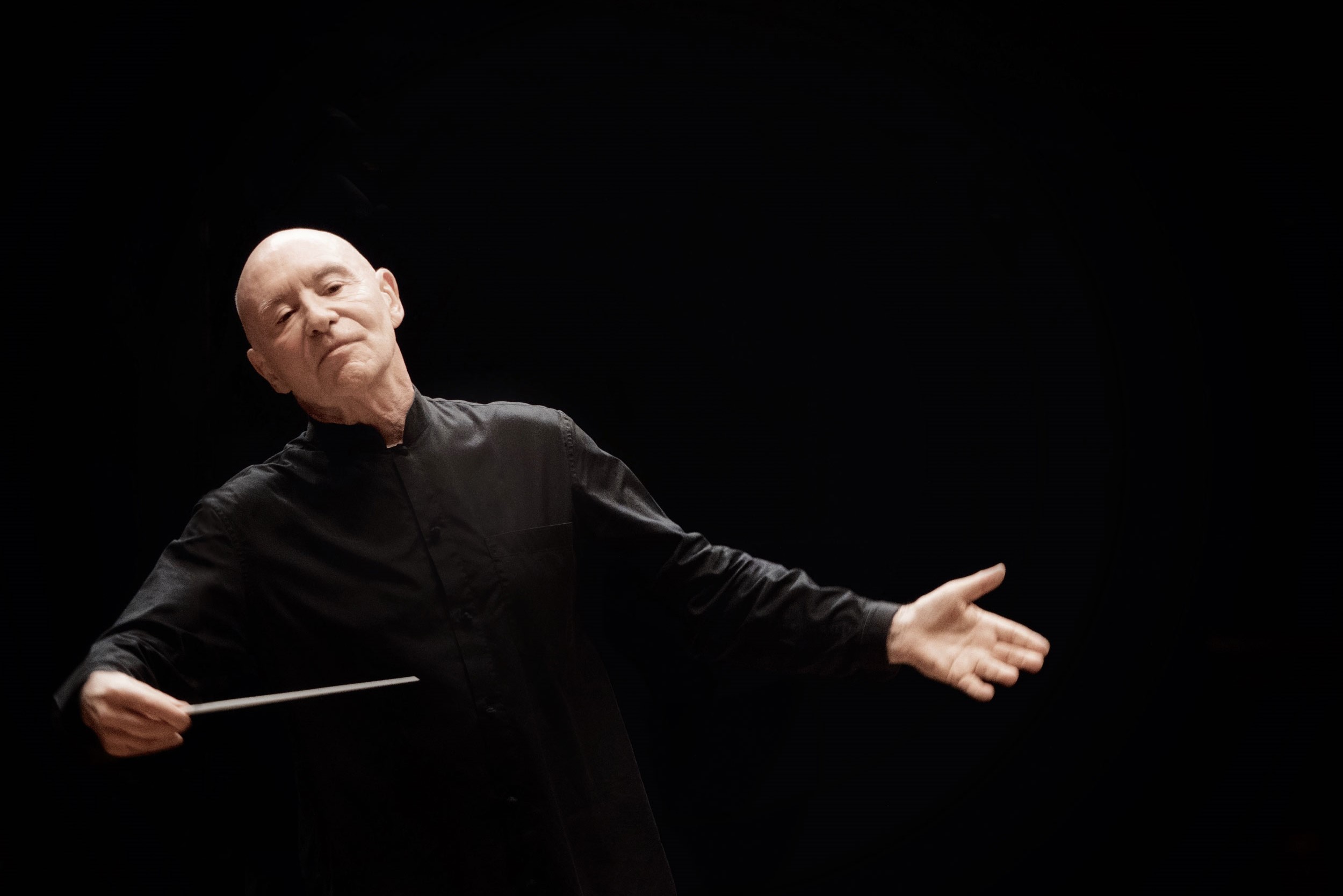The last concert of the NFM Wrocław Philharmonic in the 2025/2026 season will be devoted to Anton Bruckner, an Austrian composer of the late Romantic era. Maestro Christoph Eschenbach will conduct his Symphony No. 9 in D minor – an enigmatic work that Bruckner dedicated to his “beloved God”. It belongs, together with Wolfgang Amadeus Mozart’s Requiem and Gustav Mahler’s Symphony No. 10, to the group of masterful works that were not completed by their composers. For this reason alone, they arouse fascination and provoke questions about the shape they would have taken if their authors had lived longer.
Maestro Eschenbach is a valued interpreter of Bruckner’s music, and his interpretations of the composer’s symphonies have often been met with enthusiastic critical acclaim. Work on Symphony No. 9 in D minor took a very long time, as many as nine years. The composer began it in 1887, but the need to constantly revise and prepare other works for printing, as well as his deteriorating health, meant that he had to interrupt it all the time. When he realised that death was near, he suggested that the previously written Te Deum should be performed in place of the unfinished finale. Bruckner’s wish is almost never respected, though, and it became customary to perform The Ninth in a three-part version, in which two slow-tempo movements surround the brutal, wildly energetic Scherzo. On the one hand, this music is austere and ascetic, full of solemn brass chorales, and on the other hand, it is extremely individual and contains refined, radical sound solutions. Bruckner himself kept to the sidelines of musical life. An eccentric and naive loner living by faith, full of complexes, modest to the point of exaggeration, allowing subsequent conductors to modify his works according to their wishes – such an image of the Austrian emerges from the sources. What is significant, however, is that his work was enthusiastically received by composers of the younger generation, and one of them, Gustav Mahler, valued Bruckner for the monumentality of his works and the wealth of invention.

